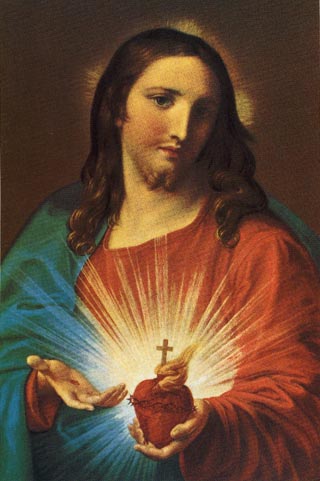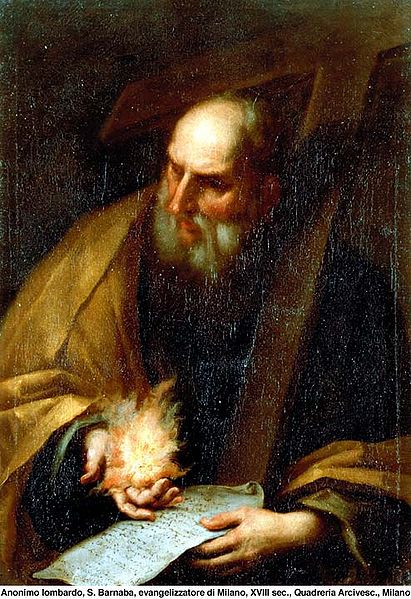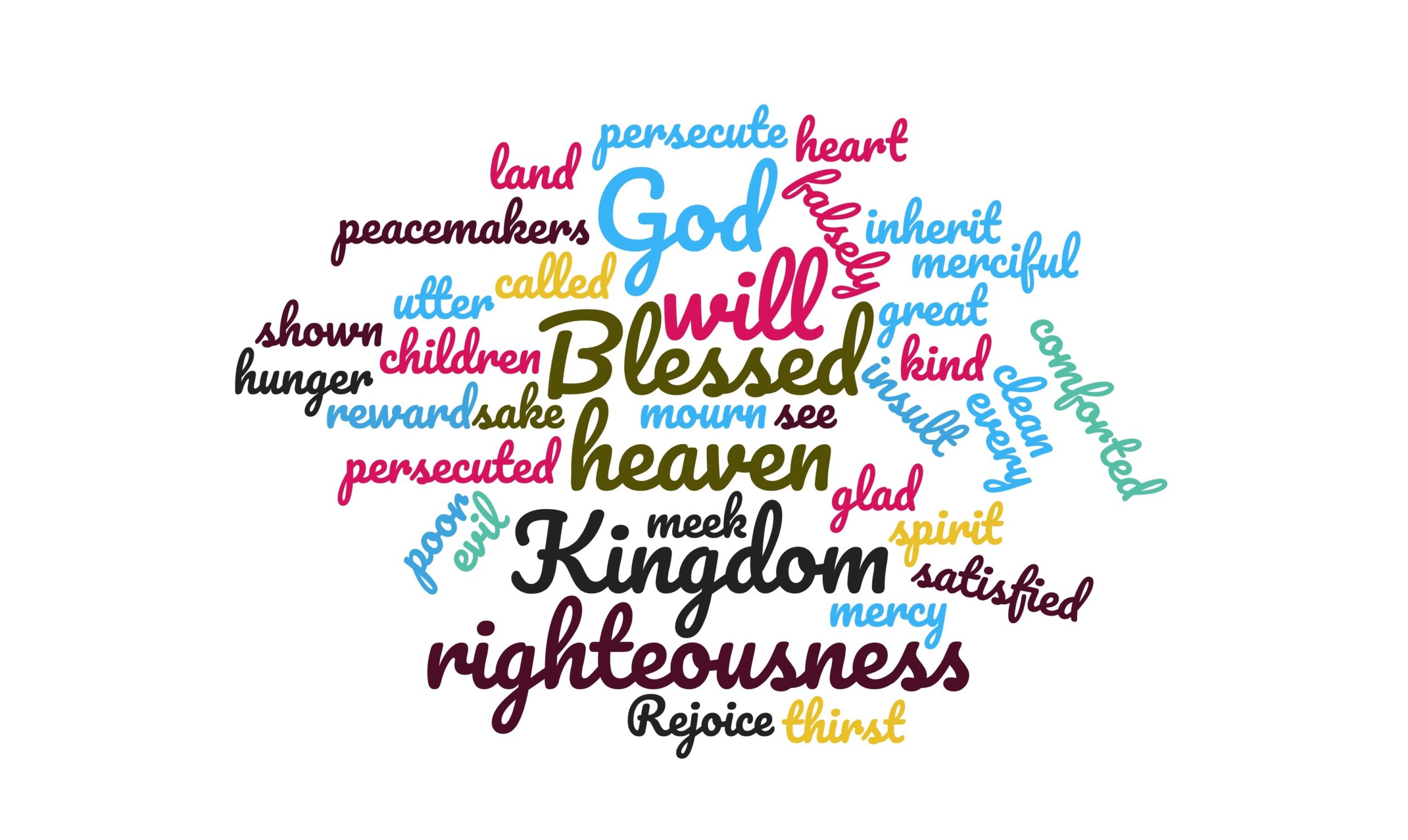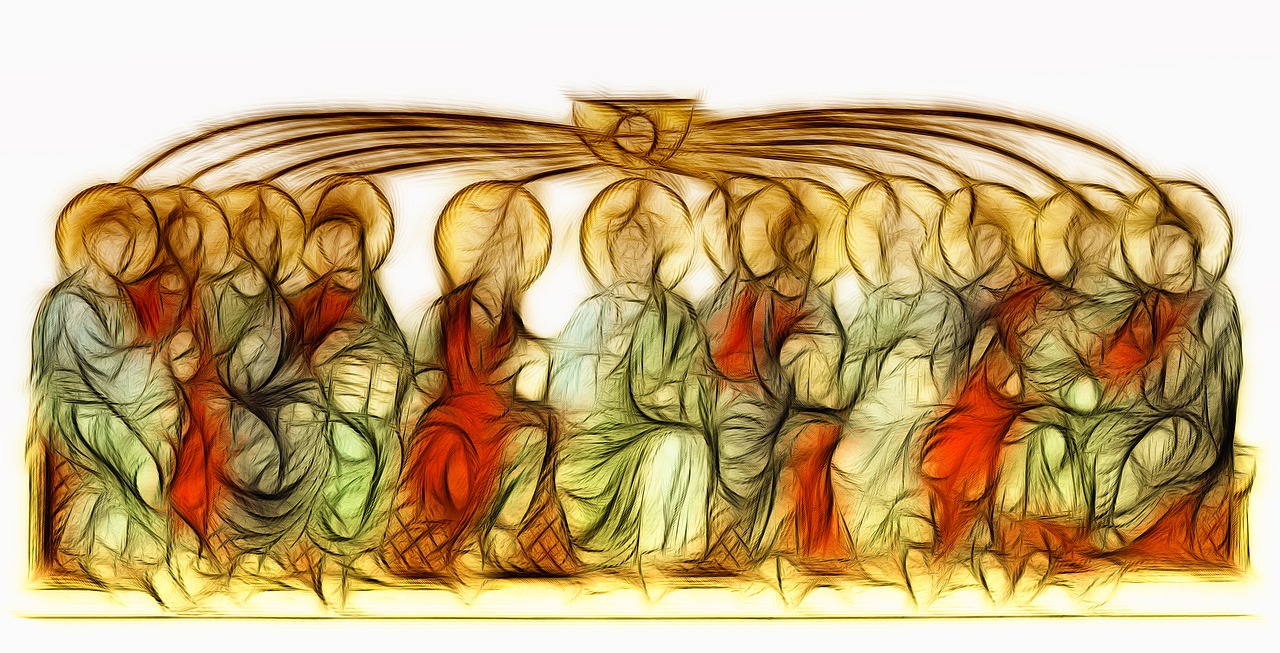On March 4th, in 1933, Franklin Delano Roosevelt was inaugurated as the thirty-second President of the United States, for the first of four terms. As he began his presidency, the country was in economic crisis, mired as it was in the Great Depression. There were all kinds of concerns in the country at that time, with the economy going into some frighteningly uncharted waters. In his Inaugural Address, he addressed those concerns head-on:
“This is preeminently the time to speak the truth, the whole truth, frankly and boldly. Nor need we shrink from honestly facing conditions in our country today. This great Nation will endure as it has endured, will revive and will prosper. So, first of all, let me assert my firm belief that the only thing we have to fear is fear itself—nameless, unreasoning, unjustified terror which paralyzes needed efforts to convert retreat into advance.” That one phrase – “The only thing we have to fear is fear itself” – became the watch phrase of his presidency and has been quoted in many terrifying situations ever since.
Sixty years later, in 1993, for the occasion of his fifteenth anniversary of elevation to the Papacy, Pope Saint John Paul II did a series of interviews with Italian Radio that were collected into the wonderful little book Crossing the Threshold of Hope. The first interview concerned his acceptance of the papacy in his own life. His Holiness was asked if he ever hesitated in his acceptance of Jesus Christ and God’s will in his life. He responded, in part:
“I state right from the outset: ‘Be not afraid!’ This is the same exhortation that resounded at the beginning of my ministry in the See of Saint Peter. Christ addressed this invitation many times to those He met. The angel said to Mary: ‘Be not afraid!’ (cf. Lk 1:30). The same was said to Joseph: ‘Be not afraid!’ (cf. Mt 1:20). Christ said the same to the apostles, to Peter, in various circumstances, and especially after His Resurrection. He kept telling them: ‘Be not afraid!’ He sensed, in fact, that they were afraid. They were not sure if who they saw was the same Christ they had known. They were afraid when He was arrested; they were even more afraid after his Resurrection.
“The words Christ uttered are repeated by the Church. And with the Church, they are repeated by the Pope. I have done so since the first homily I gave in St. Peter’s Square: ‘Be not afraid!’ These are not words said into a void. They are profoundly rooted in the Gospel. They are simply the words of Christ Himself.” And these words – the simple three-word phrase – became the watchwords of his papacy: “Be not afraid!”
Both of these courageous men echoed the words of the Gospel that had formed them. Roosevelt had been formed in an Episcopal boarding school whose headmaster preached the duty of Christians to help the less fortunate. He had lived through polio. Saint John Paul as Karol Wojtyla had lived through and beyond the Communist control of his country, buoyed as he was by his Catholic faith. Both of them heard the same words we have in today’s Gospel, words that inspired and encouraged them, and words that they lived by:
“Are not two sparrows sold for a small coin?
Yet not one of them falls to the ground without your Father’s knowledge.
Even all the hairs of your head are counted.
So do not be afraid; you are worth more than many sparrows.”
So, brothers and sisters, of what or of whom are you afraid? Is it enemies, or at least broken relationships, like the prophet Jeremiah in our first reading and the mysterious enemies in today’s Gospel reading? Is it the stain of sin or the finality of death, as Saint Paul related to the Roman Church in today’s second reading?
We’ve seen some scary things this year. A pandemic has put life on hold and required us to take precautions not to get infected or to infect the ones we love. That same pandemic has had a profound economic impact on our world and forced many people out of work. Social unrest has followed new incidents of police brutality and violence against people of color, putting fuel on the fires of racial injustice that frankly should have been extinguished long ago in a country like ours. These days are uncertain at best: we live in scary times. But honestly, people have always lived in scary times.
But, if we listen to FDR and JPII, we know that fear is useless. It doesn’t add a second to our lives – actually, it probably robs us of important moments. Fear contributes to poor health, and worst of all, fear decimates our spiritual lives. We are always and forever in need of hearing those important words: do not be afraid.
So, okay, Father Pat, that sounds great, but how exactly do we get to the point of not being afraid? How do we make that important journey from fear to faith?
Well, I think that, for inspiration, we can look at Jeremiah’s journey in our first reading. Because Jeremiah wasn’t telling a hypothetical story; he was relating his own experience. Prophets always and forever are speaking God’s word to people who often don’t want to hear it. He had been accusing the religious establishment of turning away from trusting God and turning instead toward making alliances with worldly powers. Not a popular message for the religious establishment and not a popular message for the worldly powers. So the priest Pashur had Jeremiah arrested and scourged to keep him quiet.
But after his release, Jeremiah didn’t keep silence. He continued to prophesy that if the nation continued in that way, they would come to doom and destruction and exile. At that point, even Jeremiah’s friends were waiting for him to fall, and just prior to the reading we have today, Jeremiah famously poured out his lament before God by saying, “You duped me, O Lord, and I let myself be duped.” It’s almost as if he was saying, “This isn’t what I signed up for!”
However, right in the middle of today’s reading is an important pivot in his outlook: “BUT the Lord is with me, like a mighty champion…” Jeremiah is not going to be like the people he’s prophesying against: he will not turn from trusting the Lord. In the second half of this reading, he makes a strong act of faith that the Lord will be his champion, which is ultimately true.
Lots of people in today’s society talk about changing your attitude to change your situation. “Believe and you can achieve” and all that nonsense. But they’re getting close to the right place. We do have to change our attitude if we want to move from fear to faith. But we can’t shift to relying on ourselves or any other worldly power, because if we do we are so likely to fail. We have to shift our attitude to make Jeremiah’s act of faith, remembering that our Lord has defeated sin and death. If he could do that, he can shepherd us through our fear. The Lord is our mighty champion!
Now, that doesn’t mean he’s going to wave a magic wand and make all our troubles go away, or even answer our prayers according to our pleasure. He will answer prayer in his way, in his time, but he will be with us through it all.
Because we are worth more than many sparrows. Do not be afraid!










You must be logged in to post a comment.